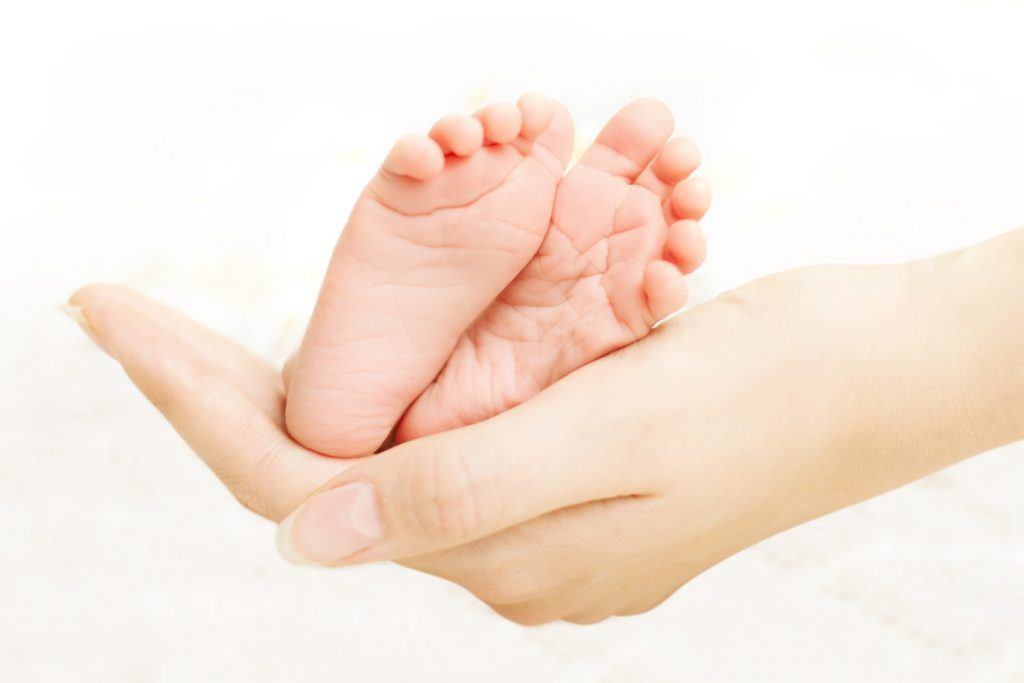*This is a collaborative post sharing some information on Endometriosis & Infertility, that I hope will be helpful*
Whether you’ve just been diagnosed with endometriosis & infertility or you’ve been living with the condition for some time, there’s one burning question you’ve probably wondered:
Will endometriosis affect my chances of getting pregnant?
While the condition doesn’t necessarily mean you’ll struggle with fertility, there’s a chance you could have problems. In some cases, these issues are overcome with surgery.
But even if natural conception isn’t possible, there are many options available today – from traditional IVF using your eggs and your partner’s sperm to donor eggs, where you can find your perfect match and use your partner’s sperm or a donor’s sperm.
Below, we’ll explore endometriosis in depth before investigating what options are available to you – infertility or no infertility.
What is endometriosis?
In the UK alone, it’s thought as many as 1.5 million women suffer from endometriosis. Worldwide this amounts to 1 in 10 women.
It primarily affects girls and women of childbearing age, being less common in post-menopausal women.
Endometriosis occurs when the lining of your womb (the endometrium) is found in other areas, like your fallopian tubes or ovaries. This ongoing condition can potentially wreak havoc on your life.
However, while it’s a common condition, many women aren’t aware they have it or are simply misdiagnosed. That’s why it’s crucial to be aware of its potential symptoms.
What are the symptoms?
Pelvic pain (pain in your lower back or tummy) – this is usually worse when you’re having your period
Pain during or after sex
Period pain that prevents you from doing day-to-day tasks
Pain going to the bathroom during your period
Diarrhoea, blood in your urine, constipation or feeling sick during your period
Very heavy periods
Difficulty getting pregnant
Also, some women with endometriosis may suffer from depression.
How can endometriosis cause problems with fertility?
When endometriosis becomes more severe, some women may develop adhesions (scar tissue) or ovarian cysts which can sometimes become painful and large. These adhesions or ovarian cysts can decrease your chances of natural conception, but luckily there are lots of options now available in terms of fertility treatments, with specialists such as fertilityplus.org.uk.
What’s the association between endometriosis and infertility, then?
This isn’t always abundantly clear. For example, sufferers whose endometriosis is mild to moderate should still be able to conceive naturally but, for unclear reasons, a small minority are infertile.
In the case of moderate or severe endometriosis, there’s a reduction in the chance of natural conception. This is due to a higher level of adhesions that can prevent the egg from traveling down the fallopian tube.
What treatments are available for endometriosis?
Surgery to remove nodules, adhesions and cysts can increase the likelihood of conception.
The treatment offered to you will depend on your unique symptoms, your age, whether or not you want to become pregnant and what treatments you’ve already tried.
In some cases, endometriosis will improve on its own, but in others it can get worse. Therefore, your doctor may recommend keeping an eye on your symptoms.
Equally, if your symptoms are mild, you’re nearing menopause or you don’t have any fertility problems, treatment may not be necessary. Instead, you may be able to manage your symptoms with over-the-counter pain medication and prescribed birth control pills.
Will endometriosis affect my pregnancy?
If you do get pregnant while suffering from endometriosis, there shouldn’t be any difference between yours and a “normal” pregnancy. Getting pregnant is the biggest hurdle with this condition.
Some women do note more pain at the start of their pregnancy, while many find the pain they are used to experiencing greatly improves. However, pain from endometriosis may return postpartum.
What fertility options are available for couples struggling to conceive?
When endometriosis results in infertility and surgery aren’t possible or haven’t succeeded, there are plenty of other options available to you. While the prospect of not being able to conceive naturally may be disheartening at first, the array of alternatives may provide you with the final piece in your fertility jigsaw puzzle. These options include:
Traditional IVF: While this is an option, with endometriosis there tends to be a lower chance than usual of getting pregnant.
Donor Egg IVF: This may be a viable choice if you’re slightly older or if traditional IVF isn’t an option. It removes any of the potential complications you may have with your eggs (chromosome abnormalities, for example) while still allowing you to carry your baby.
Surrogacy: Using your eggs and your partner’s sperm allows you to have your baby without the possible difficulties of carrying it.
Moving on with your diagnosis
Finding out you have endometriosis can send shockwaves through your family. Something that once seemed so natural to you is now a complicated and unsure path.
Nevertheless, with early diagnosis and the right treatment, there’s nothing stopping you from achieving the family you’ve dreamed of for so long.
Don’t forget – even in cases of severe endometriosis, natural conception isn’t out of the question.
